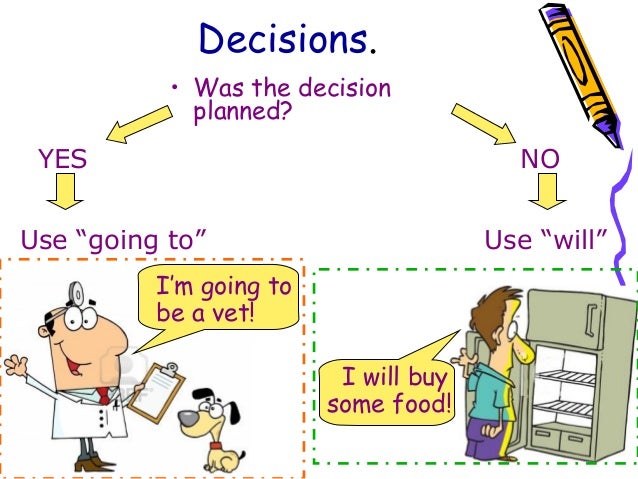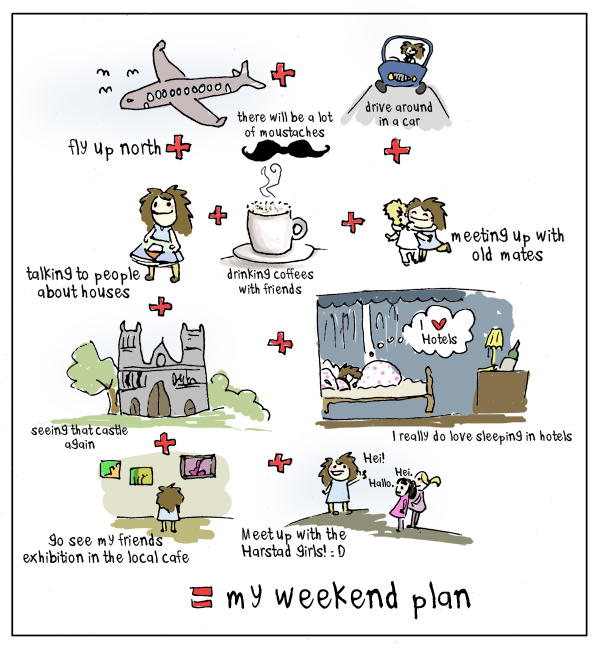3º EM-ST3.VOL2
Situação de Aprendizagem 3
TESTIMONIALS: CHOOSING A PROFESSION
Objetivos: reconhecer o assunto de um texto a partir de leitura rápida, bem como a organização textual de um depoimento pessoal sobre escolha de carreira profissional e planos; localizar informações específicas em um texto.
1. Look at the testimonials in the Student guide and discover what they are about. More than one alternative may be correct.
( ) choosing a profession.
( ) first job.
( ) looking for a job.
( ) plans.
👉 Uma das características de um depoimento pessoal é usar a 1ª pessoa do singular − “I ” − e, geralmente, quem escreveu é identificado.
Student guide
Choosing your profession!
Testimonials: choosing my profession
Engineering
Since my childhood days I dreamt of becoming either an engineer or a Mathematics professor because I have always been keen on numbers and calculations. By the time I finished high school, I had made up my mind. I entered university in order to take a Mechanical Engineering course. I knew it would be a hard nut to crack, but I could not picture myself in any other profession. I have just landed my first job in a German car company. It is going to be an internship and, depending on my personal development, I might be hired once the internship program is over.
Edward Smith
Dentistry
I am pleased to say I have just got a degree in Dentistry, just like my father. During my childhood days I always enjoyed going to work with my father, who is a dental surgeon. Having realized my interest in such a job, he encouraged me to choose this career and has supported me during my university years. I am going to apply for a graduate course. Professional improvement is very important in this career, as I will be dealing with other people’s health.
Marilyn Stuart

Computer Science
The idea of a world without computers and information technology is unconceivable nowadays.
That is because humankind has become highly dependent on computers. Being aware of that,
I decided I would study Computer Science. I have become very fond indeed of developing new
computer programs so I might become a programmer. I have just been offered a job in an American
company where I will help the IT analysts. I am looking forward to it because I will finally be able to
put my knowledge into practice.
Ann Barley
2. Read the testimonials and complete the chart.
Engineering:
First job -
Internship Interests -
Abilities Plans -
Dentistry:
First job -
Internship Interests -
Abilities Plans -
Computer Science:
First job -
Internship Interests -
Abilities Plans -
Atividade 3
Objetivo: reconhecer o uso do verbo modal might e do tempo verbal futuro para falar de planos (will, going to).
3. Now read the previous chart and the testimonials again and pay attention to the way people express their plans. To talk about future plans they use:
( ) will.
( ) present perfect.
( ) going to.
( ) might.

Acesse o link a assista um video facilitador: https://youtu.be/HTiT63K0KMo
Atividade 4
Objetivo: praticar a escrita sobre planos.
4. Think about three classmates and write some predictions about their future professional lives. There are some examples below to help you. Do not use your classmates’ names.
Examples:
I think he will take Nanotechnology at the university.
I think she is going to be an English Language and Literature teacher.
a) ______________________________________________________
b) ______________________________________________________
c) ______________________________________________________

Atividade 5
Objetivo: reconhecer o uso dos verbos modais may e might.
5. Have a look at these sentences and check the appropriate meaning of might and may.
“It is going to be an internship and, depending on my personal development, I might be hired once the internship program is over.”
“It is the nurse who is supposed to provide everything the sick person may need.”
( ) They express future possibility.
( ) They express prohibition.
Atividade 6
Objetivo: praticar os verbos modais may e might.
6. Read the sentences and circle the correct alternative.
a) Peter: When will you attend classes at the university?
Mark: I am not sure. It is going to/might/will be around the beginning of March.
b) Beth: Are you taking another final test next month?
John: I am not sure if I did well on Calculus. I will/might/am going to need to.
c) Eric: Do you think he will pass the exam?
Ann: Well, he will/might/is going to pass, but I don’t think he will.
O verbo “might” pertence aos “modal verbs” (verbo modal) que, na língua Inglesa, tem o papel de auxiliar o verbo principal em uma frase. Esse modal é utilizado para indicar uma probabilidade remota ou uma permissão formal e pode ser traduzido como “talvez”, “pode ser que”, “poderia”.
Exemplos:
- We might find a solution to this problem. (Nós talvez encontremos uma solução para esse problema)
- I might move to your house. (Eu talvez me mude para sua casa)
- It main rain in the morning. (Pode ser que chova de manhã)
- They might speak another language. (Eles talvez falem outra língua)
Atividade 4
Objetivo: praticar a escrita sobre planos.
4. Think about three classmates and write some predictions about their future professional lives. There are some examples below to help you. Do not use your classmates’ names.
Examples:
I think he will take Nanotechnology at the university.
I think she is going to be an English Language and Literature teacher.
a) ______________________________________________________
b) ______________________________________________________
c) ______________________________________________________

Atividade 5
Objetivo: reconhecer o uso dos verbos modais may e might.
5. Have a look at these sentences and check the appropriate meaning of might and may.
“It is going to be an internship and, depending on my personal development, I might be hired once the internship program is over.”
“It is the nurse who is supposed to provide everything the sick person may need.”
( ) They express future possibility.
( ) They express prohibition.
Atividade 6
Objetivo: praticar os verbos modais may e might.
6. Read the sentences and circle the correct alternative.
a) Peter: When will you attend classes at the university?
Mark: I am not sure. It is going to/might/will be around the beginning of March.
b) Beth: Are you taking another final test next month?
John: I am not sure if I did well on Calculus. I will/might/am going to need to.
c) Eric: Do you think he will pass the exam?
Ann: Well, he will/might/is going to pass, but I don’t think he will.
.jpg)


Comentários
Postar um comentário